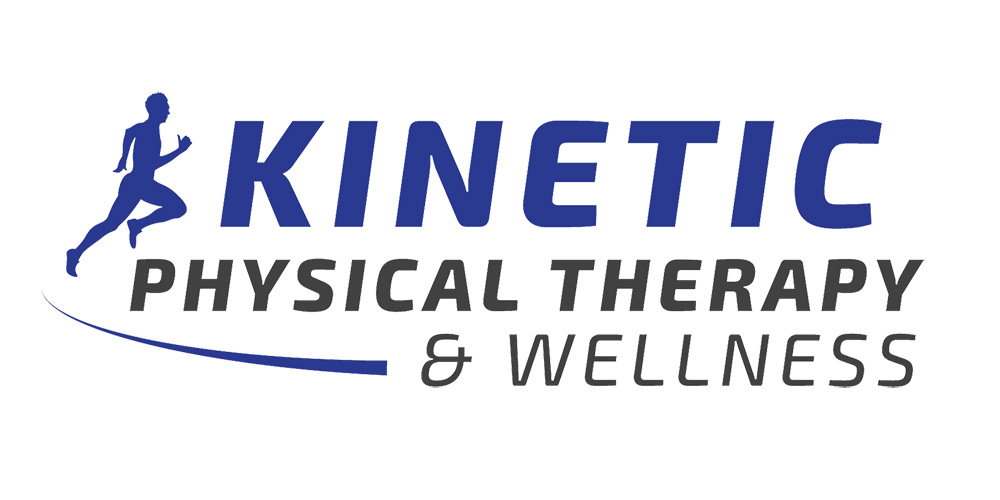Feeding and Swallowing Disorders in Infancy
Feeding disorders – problems with a range of eating activities that may or may not include problems with swallowing. Examples include refusing foods/liquids, eating a limited variety of foods, difficulty using age-appropriate feeding utensils.
Swallowing disorders – can occur in one or more of the four phases of swallowing that are (Listed below), and can result in aspiration— the passage of food, liquid, or saliva into the trachea (Windpipe), which can go into your lungs and make you very sick. Food going up into your nose can also be included.
- Oral Preparatory— this is the voluntary phase during which food or liquid is manipulated in the mouth to form a cohesive bolus— includes sucking liquids, manipulating soft boluses, and chewing solid food.
- Oral phase – this is the act of sucking, chewing, and moving food or liquid into the throat. Feeding is a part of the oral phase.
- Pharyngeal phase – starting the swallow and squeezing of food down the throat. The child needs to close off his/her airway to keep food or liquid out. Food going into the airway can cause coughing and choking.
- Esophageal phase – this is the opening and closing of the esophagus, or the tube that goes from the mouth to the stomach. The esophagus squeezes food down to the stomach. Food can get stuck in the esophagus, or a child may throw up a lot if there is a problem with the esophagus.
How is Feeding and Swallowing Disorders in Infancy Diagnosed?
Feeding/swallowing disorders in infancy can be caused by several factors such as prematurity, underlying medical conditions such as GI/stomach conditions, cleft lip and/or palate, heart disease, breathing problems, etc. Typically, a baby’s pediatrician and/or nutritionist will assess and monitor the baby’s weight gain and nutrition status as well as look for any underlying medical conditions. A licensed speech-language pathologist who is familiar with feeding and swallowing disorders in infancy can also be of great assistance in assessing and treating of your baby.
How can a Speech Pathologist Help Feeding and Swallowing Disorders in Infancy?
It is important to remember that babies and young children cannot often tell us when something is wrong, so we have to do our best to read their behavioral cues. Below are some examples of these cues that could indicate that your baby is in distress when feeding.
- Pulling away from bottle nipple or breast
- Difficulty catching their breath while feeding
- Arching back during feedings
- Coughing/choking when feeding
- Wet/gurgly voice quality during or after feeding
- Falls asleep or takes an extended time to feed (>30 minutes)
- Cries or fusses when feeding
As adults, let’s think about how we eat for just a moment. We have to use a feeding utensil to bring foods/liquids to our mouths, close our lips around the utensil, manipulate and chew foods adequately, move them to the back of our throat, and then swallow. This is a complex process that infants have to learn. If we ignore any of the cues mentioned above that are a baby’s way of telling us something is wrong, then it could lead to more feeding/swallowing difficulties as your baby gets older.
Examples of Long-Term Effects of Feeding and Swallowing Disorders if not treated in infancy:
- Aversions to certain foods
- Malnutrition resulting in poor weight gain
- Aspiration (food/liquids going into baby’s lungs)
Strategies Used by Speech-Language Pathologists
- Speech-language pathologists who are experienced in treating infants with Feeding/swallowing disorders may make recommendations such as adjusting the flow rate of the baby’s bottle nipple if they feel that the baby’s milk is flowing too quickly, position changes, and/or other compensatory strategies to make feeding more effective for the baby.
- It should also be noted that some speech therapists specialize in breastfeeding as well.
- Other objective tests such as a Modified Barium Swallow Study (MBSS) may also be warranted if the evaluating speech therapist feels that your baby is exhibiting signs that they may be aspirating. A MBSS is conducted in a hospital setting as it has to be conducted via X-ray. Your baby will be given liquid barium so that the speech therapist and radiologist can observe whether or not barium is going into your baby’s lungs. If this is the case, the speech therapist will make changes during the test to determine if the baby may need a different flow rate nipple, a different liquid consistency, and/or different positioning for feedings.
FOR MORE INFORMATION…
If you feel that your baby may have a feeding and/or swallowing disorder, talk to his/her pediatrician about referring to a speech-language pathologist who specializes in infant feeding/swallowing disorders. Here at Kinetic Physical Therapy and Wellness, we have therapists who are trained in evaluating and treating infants with a wide range of feeding/swallowing disorders and whether your baby is bottle feeding, breastfeeding, and/or beginning to eat solids, we are here to help!





